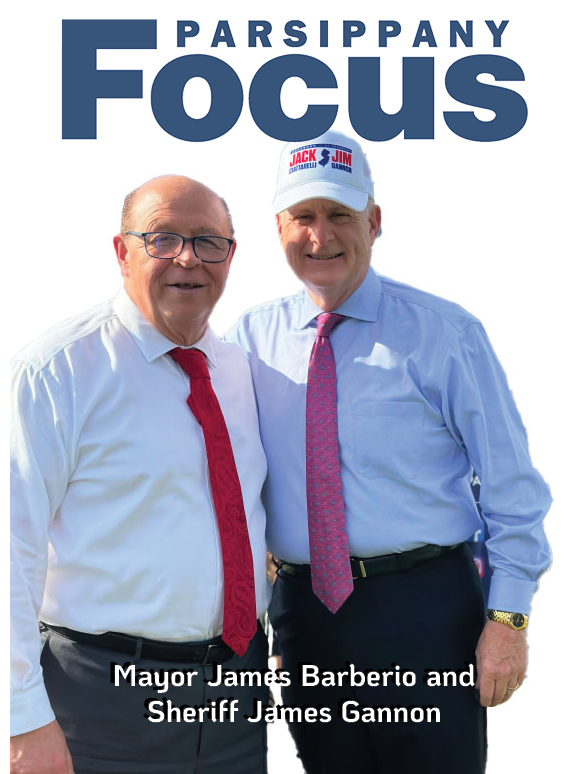MORRIS COUNTY — Senator Anthony Bucco, R-Morris, has asked Community and Urban Affairs Committee Chairman Singleton to work with Republicans to solve New Jersey’s affordable housing crisis.
“Everyone supports safe and affordable housing in their communities. How that is achieved is subject to debate. Unfortunately, Republican legislators and local leaders have not been given a seat at the table when it comes to this very important issue. Democrats and their one-party rule are ignoring the very real concerns of those who would be most impacted,” said Senator Bucco. “They are attempting to force through a bill that not only leaves the affordability problem unsolved but will most likely make things even worse for everyone.
In its present form, Bucco says this legislation “will have a direct negative impact on the quality of life in our communities that will only get worse over time.”
“We must work alongside our municipalities with sound land use planning to ensure each community has the infrastructure, mass transit access, job market, and open space to support growth without overwhelming local services and further driving up already-sky-high property taxes,” he said in a release issued Wednesday.
“I have brought the concerns of my constituents to the attention of legislative leadership and the bill’s sponsors in the hope of finding a bipartisan solution that works for everyone. While I hope my colleagues on the other side of the aisle will accept our suggestions, one-party rule has made it very difficult if not impossible for Republicans and local leaders to get the input they deserve,” he said.
“Without changes, this bill will forever change the character of our communities, giving a clear advantage to developers and creating harmfully high densities that cannot be supported by our municipalities. I will continue to fight on behalf of my constituents and the municipalities that serve them.”
Senate bill S-50, as is, would make significant reforms to a highly controversial area of law, Bucco maintains.
Among the most pressing concerns articulated by constituents:
• Immunity from builder’s remedy lawsuits obtained through compliance with third-round rules would be subject to revocation during the fourth-round certification process for reasons unrelated to third-round compliance.
• Builder’s remedy immunity obtained through compliance with fourth-round rules would be weakened as compared to prior rounds.
• Official fair share calculations have not yet been made using the new formula in the bill, so municipalities will have practically no notice of what is required of them before being subject to costly litigation.
• A municipality would remain subject to challenge even if adopting the DCA’s calculation of its fair share obligation.
• Unlike COAH, the dispute resolution program lacks representation from municipalities and low- and moderate-income households and does not require partisan balance.
• The bill lacks clarity as to how new regulations would be adopted that would previously have been adopted by COAH.
• The current 1,000 unit cap for a municipality’s total fair share obligation would apply only to the prospective need portion of the obligation under the bill.
• The bill may hold municipalities responsible for units not constructed by developers even if a municipality adjusts its zoning ordinances to accommodate such housing.
• The bill does not account for housing that is approved under a third-round settlement agreement but not yet constructed.
• Litigation costs may increase under the bill.
• Limitations on bonus credits will make it harder for municipalities to meet their obligations.
On January 19, Sen. Bucco sent this memo to Senate President Scutari and Community and Urban Affairs Committee Chairman Singleton to share the concerns brought to his attention by various constituents with the hope that, with these concerns in mind, Democrats and Republicans can work together to accomplish the laudable goals of S-50 in a manner that works best for all those who would be affected.













